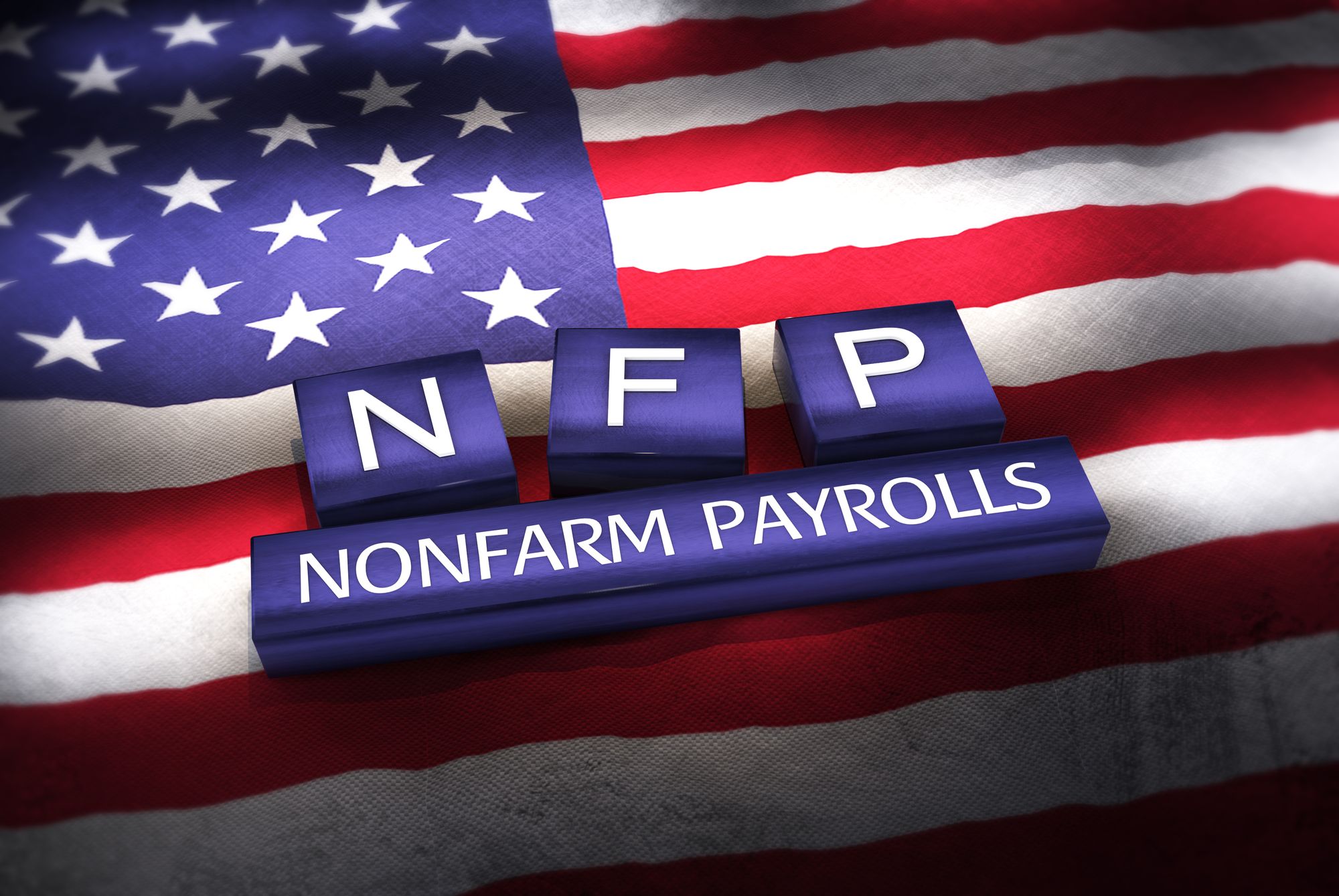FXOpen

Finally, we left 2021 behind, and the investing community is preparing for what the new year has in store for financial markets. Already, some important economic data is due out this week, despite some market participants still being on their winter break.
For example, banks in Europe, the UK, the US, and Canada are closed today. As such, volatility is likely to remain subdued and levels to hold. However, things are about to change as the market will build momentum towards the most important economic release of the week, the non-farm payrolls (NFP, or, alternatively, the jobs) report.
As a rule, NFP reports are released on the first Friday of the new month, and show the evolution of the US jobs market. Because the Federal Reserve of the US (aka the Fed) has job creation as part of its mandate, changes in the job market may affect the Fed’s interest rate decision
Both the number of jobs created and the unemployment rate are important for market participants, especially if they show that the Fed comes closer to its definition of full employment. If so, the US dollar should get a boost as inflation is already running well above the Fed’s definition of price stability.

What do we expect of Friday’s release?
This Friday’s data will refer to December 2021, and the market expects the US economy to create 410k jobs, and the unemployment rate to further decline to 4.1%. The November data showed that the US economy added 210k new jobs, but the unemployment rate was affected by the fact that people have quit their jobs, giving the impression that the unemployment rate is low.
One interesting detail to watch out for is the labor force participation rate change. In November, it increased, but has remained well below its pre-pandemic level. High unemployment and aging numbers justify the decline partially, so more evidence is needed from future releases.
All in all, expect the price action to build momentum towards Friday’s release as more market participants become active.
This article represents the opinion of the Companies operating under the FXOpen brand only. It is not to be construed as an offer, solicitation, or recommendation with respect to products and services provided by the Companies operating under the FXOpen brand, nor is it to be considered financial advice.
Stay ahead of the market!
Subscribe now to our mailing list and receive the latest market news and insights delivered directly to your inbox.








